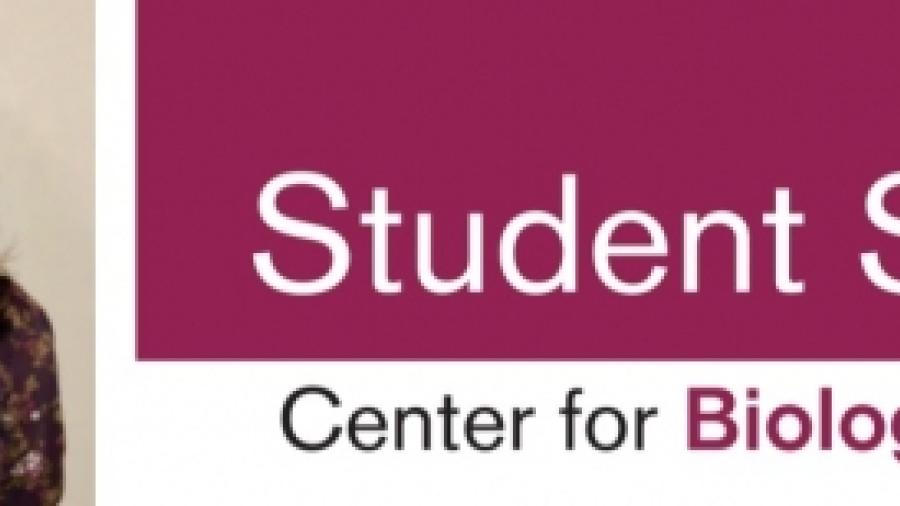
Student Spotlight: Elizabeth Dietz
Author: Elizabeth Dietz
Hello from the middle of my PhD, where things aren’t exactly where I expected them to be. This past weekend, I was supposed to be in Philadelphia giving a talk on reproductive autonomy and genetic testing and then running to North Carolina to watch my cousin get married. Instead, I was in Colorado, reading about how an abolitionist perspective ought to inform my work on genetics and the family and thinking (over Zoom, of course) with my fellow SOLS graduate students about how logics of policing have informed the social worlds we inhabit.
It is peculiar to be in this part of my PhD - where my job is, more or less, to read and absorb everything that I can - and to be watching from a distance the place I now call home contend with the issues I’m reading about. As I read about logics of care, interdependence, and the way that biotechnologies inflect how we become (or are denied from being) citizens as my objects of study, I see a pandemic affecting Arizona in ways that have been mitigated elsewhere. Righteous protests have become daily practice, and the people who make up academia grapple with its call to generate knowledge that might help us survive this moment and its role in generating and perpetuating the precarity that got us here—and will differentially distribute survival into the future.
This tension, between significance and inconsequentialness, was profound as classes moved online in the spring. During that time, I was teaching a few sections of a bioethics course required for many health science majors at ASU, and a small honors queer bioethics seminar. The global attempts at handing the pandemic were inextricable from the material I was teaching in both courses. When all classes moved online, I had to restructure teaching materials and pedagogical style to try, in some small way, to help students grapple with coursework while the global pandemic was suddenly an intimate part of their reality. I reminded the students that the pandemic is also the product of a long history of scientific and political choices that race, class, gender, and decisions about who matters. This was hard for many students, as some cared for family members, others became “essential workers,” and others moved home to families from whom their college dorms had been respite. Nevertheless, my students remained engaged and curious and willing to think generously.
The use of online tools in our so called “New Reality” consists of distance learning while raising all sorts of questions about privacy, equity, and justice. But in its best moments, this “New Reality” has created new opportunities for students to make common cause with one another, to pick up on and joke about ideas in Zoom chat, and to introduce us to their pets. Beginning in the middle of March and almost every day since, I have coworked online with new and old friends from ASU and around the country. The isolation of a pandemic while attending school for my PhD degree, while never far off, is now something I share with others who celebrate small accomplishments and challenge me to think more capaciously.